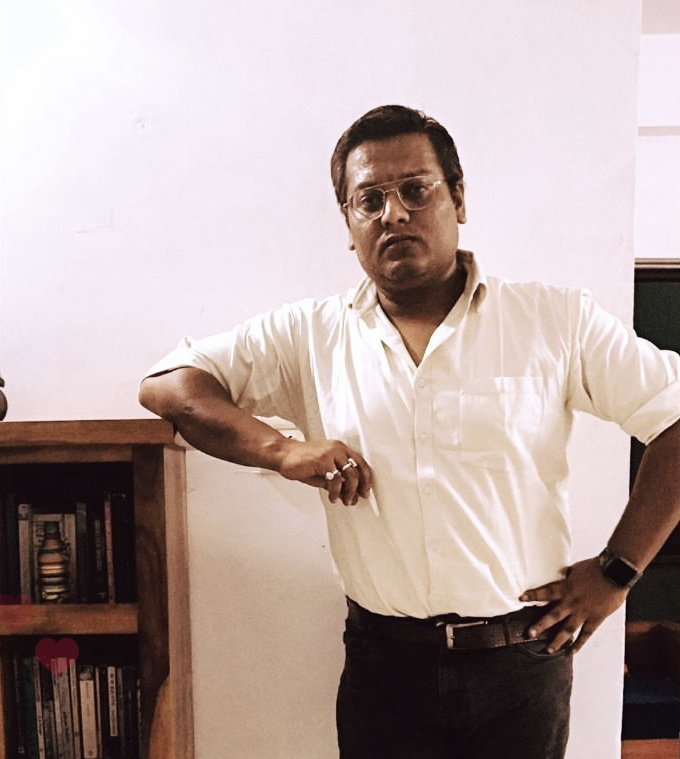To thwart the rising menace of hate speech circulation and deepfakes on social media, especially related to India, experts are now working on an Artificial Intelligence (AI) program to detect even advanced levels of online language masquerading by those indulging in hate speech.
According to a report in The Times of India newspaper, experts assembled at Dhirubhai Ambani Institute of Information and Communication Technology (DAIICT) in Gandhinagar of Gujarat for a four day event named “Forum for Information Retrieval Evaluation” (FIRE), where trends related to large language models (LLM) in Machine Learning (ML) were discussed.
Among the participants of the event is Professor Thomas Mandl from University of Hildesheim, who is currently working with an Indian organization in detecting hate speech patterns and detection. According to Professor Thomas, over the years, tracking hate speech texts through algorithms has become extremely difficult as the culprits usually use mixed language, use 0 for O and other code terminology.
According to Professor Thomas, the AI program currently being developed will be able to detect even advanced levels of masquerading by the hate speech accused.
“We must constantly update the system and train AI for patterns, lexicon, trending topics and specific interest groups. We are working on both English and Indian languages,” said Professor Thomas to TOI.
With advancements in information technology and spread of social media, hate speech incidents in India have spiked up with even the Supreme Court taking cognizance of it. With India’s being one of the largest consumers of social media giant platforms, the threat of hate speech circulation on social media and its after effects on real life is immense.
At the event, Professor Prasenjit Majumder, a faculty at DAIICT said that from the past few years, there has been more awareness of what AI and ML can do and how they should be trained for the future. One of the major projects they are working on is the real-time translation of parliament proceedings in Indian languages such as Gujarati, Telugu, Tamil, Bengali, and Malayalam among others. As per him, this project will be a game changer it will make parliamentary proceedings accessible to wider audiences.
As per Article 19(1) (a) of Indian Constitution “all citizens have the right to freedom of speech and expression,” which protects freedom of speech and expression as a basic right. But as this right is misused the Supreme Court of India has asked the Law Commission to look into the matter of such speeches which is out of the realm of judicial overreach. Numerous events, including ones that occurred in a religious setting and on online forums, have targeted minority communities. This has brought the attention of the Supreme Court to the problems, with the implementation of legislation to curb hate speech in India.
Also Read: All About Particle News App that Uses AI to End Bias in Journalism






